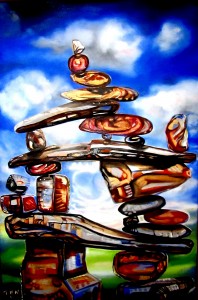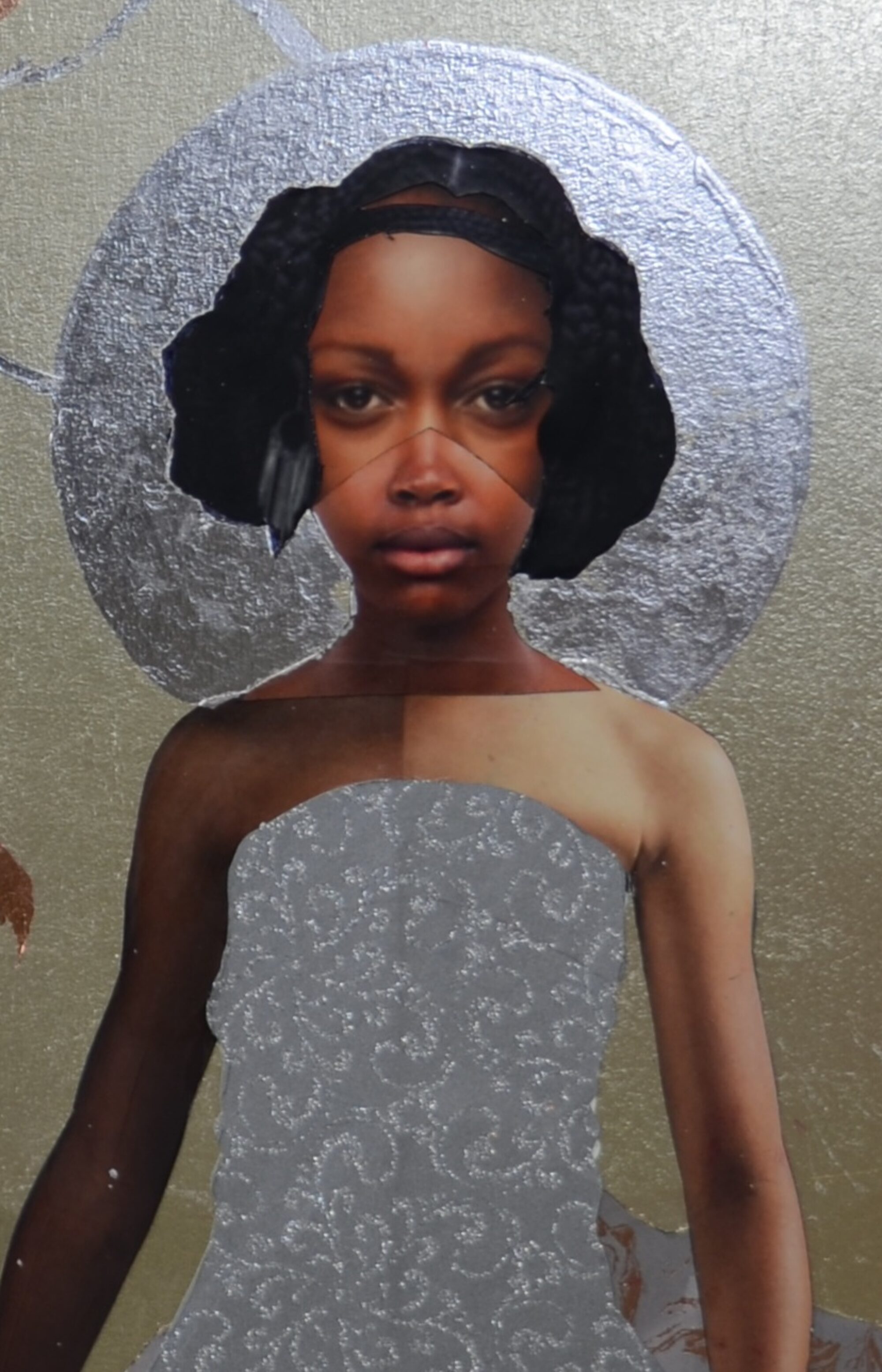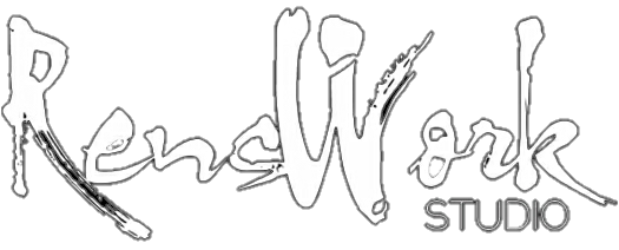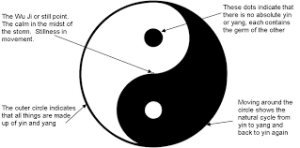 “The Tao that can be named is not the eternal Tao.” This is the opening line of one of the most profound text in human history – The Tao Te Ching. As a visionary artist, I often ponder on the spiritual matters in life. I suppose that is just the way I am built. Lately I have been intensely focused on the lessons of the Tao Te Ching! It is such a fascinating read with all of its symmetry and balance that I find it sometimes difficult to put down.
“The Tao that can be named is not the eternal Tao.” This is the opening line of one of the most profound text in human history – The Tao Te Ching. As a visionary artist, I often ponder on the spiritual matters in life. I suppose that is just the way I am built. Lately I have been intensely focused on the lessons of the Tao Te Ching! It is such a fascinating read with all of its symmetry and balance that I find it sometimes difficult to put down.
Tao translates as WAY
Te translates as VIRTUE
Ching translates as LAW
Thus, Tao Te Ching can be translated as “The Way and the Power of The Law”
The Tao Te Ching is the second most published book in history only second to by the Bible. I think it’s popularity over the centuries is due to its simplicity and clarity. It almost feels as if the book is communicating ideas that you already knew but had somehow forgotten! This eloquently written document contains information that the reader intuitively feels is true, but perhaps had never seen the ideas articulated in such a way. The first time I was introduced to the Tao Te Ching, I remember feeling that I had waited my whole life to hear the simple sayings in this book.
A very “wise old man” named Lao Tzu is the author of the Tao Te Ching. Lao Tzu actually translates as “old man” or “old master”. He is said to have lived around 2500 years ago in 6th century BC [500years before Christ]. He was also believed to have been a contemporary of Confucius! The story goes that Lao Tzu had accumulated a vast amount of wisdom over his lifetime and had grown weary of living around other people. One day he packed his bags to leave the community and go off alone to live as a hermit. There are various theories as to how Lao Tzu came to write the Tao. One of the most widely accepted theories is that as he approached the gate, the guard recognized him and informed him that he could not leave until he wrote down his knowledge for the people to have after his departure.
Lao Tzu complied with the guard’s request in the form of the 81 verses of the Tao. The poetic words of the Tao are almost musical in composition!
“He who stands on tiptoe
doesn’t stand firm.
He who rushes ahead
doesn’t go far.
He who tries to shine
dims his own light.
He who defines himself
can’t know who he really is.
He who has power over others
can’t empower himself.
He who clings to his work
will create nothing that endures.
If you want to accord with the Tao,
just do your job, then let go.”
Lao Tzu
The word Tao means – way. The “way” meaning the unnamable process or flow of the universe. The idea has been likened to a fish in the river. Though it can swim in many directions, it is still being carried along by the general movement of the river in a way that it could not possibly fully conceive. The minute we wake up to our connection to the universal movement of the Tao, we like the fish, instantly realize the full power of the river is at our disposal. We begin to swim, or in our case live more skillfully! It is the difference between a man using every muscle in his back on a row boat, or the same man putting up a sail and using the wind to cross a great body of water.
Return is said to be the movement of the Tao. This idea is expressed in the well known YinYang symbol above.
Yin is understood to represent the female principle of phenomena while Yang represents the male principle.
This sacred geometric figure is widely considered a two part symbol. But there is a third element that is more vital than the obvious two contrasting colors. Yes the white and the dark halves have edges that define each other. It is this very condition that makes them dependent upon one another to exist! The concept is similar to the way shape and color are linked, or hearing and sound. Their existence is transactional! There is no seller without a buyer and no buyer without a seller. The height of the mountain above implies the depth of the valley below. The two go together and are inseparable. In this case the inseparable visible quality of the YinYang symbol is the circle from which neither half can escape. The circle is like the river to the fish.
Chapter 76 excerpt from The Tao Te Ching *
“While alive, the body is soft and pliant
When dead, it is hard and rigid
All living things, grass and trees,
While alive, are soft and supple
When dead, become dry and brittle
Thus that which is hard and stiff
is the follower of death
That which is soft and yielding
is the follower of life
Therefore, an inflexible army will not win
A strong tree will be cut down
The big and forceful occupy a lowly position
While the soft and pliant occupy a higher place”
Not a book to be read in a single sitting, the Tao Te Ching is intended to be digested slowly and thoughtfully over time. Each passage is a different viewpoint to be pondered and enjoyed on a variety of levels. At times, the writing is unclear and somewhat puzzle-like, but a reader who is patient enough to explore the variety of possibilities will find themselves spiritually richer for the effort.
Respectfully,
rEN



